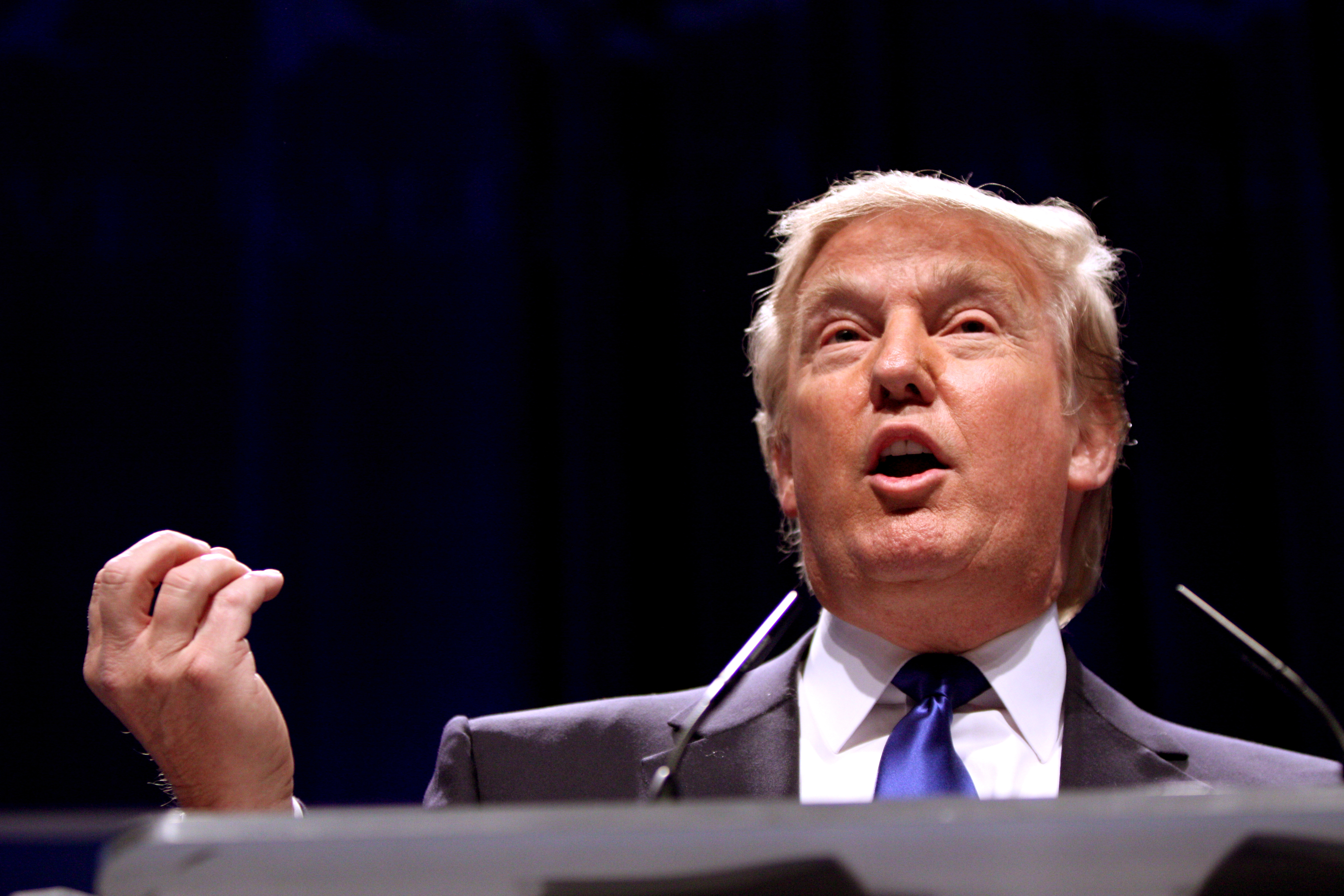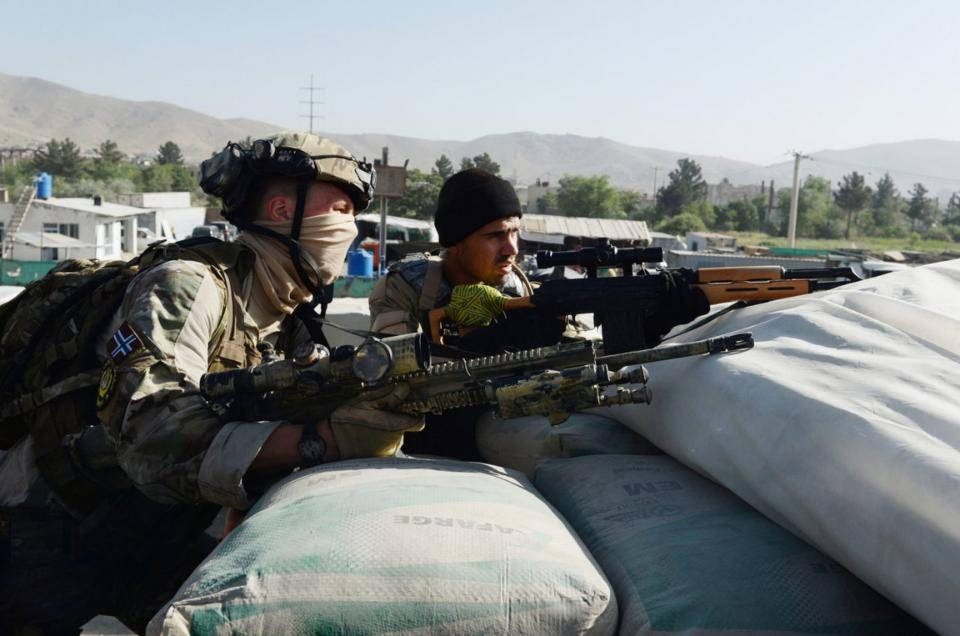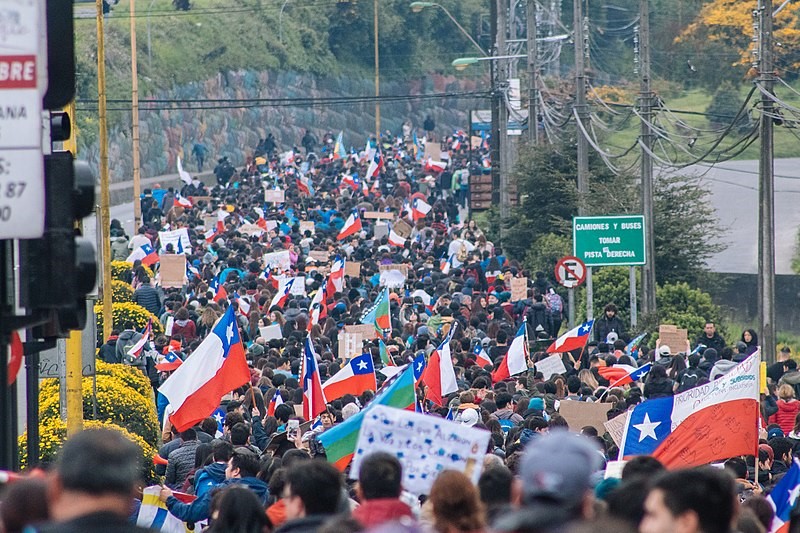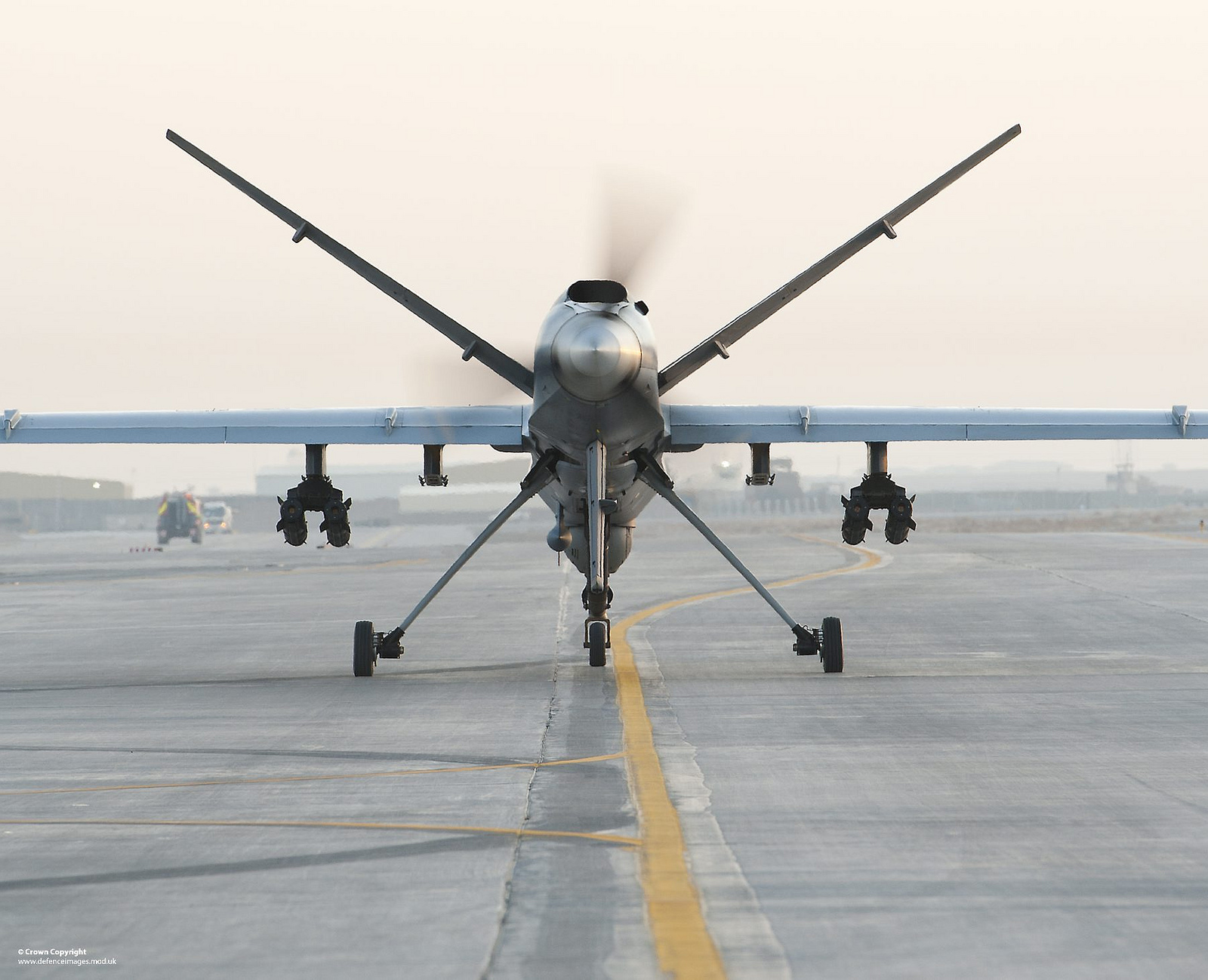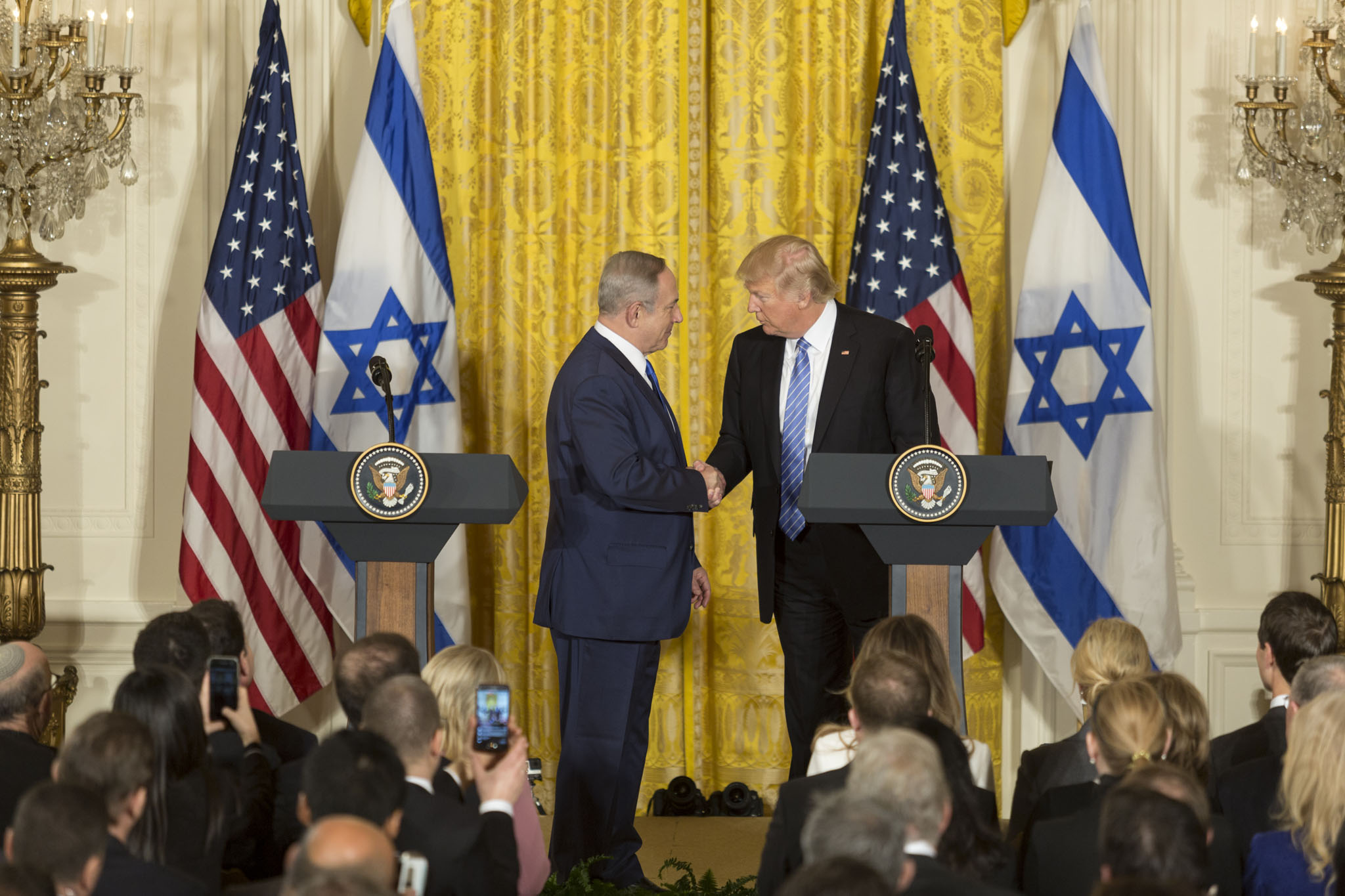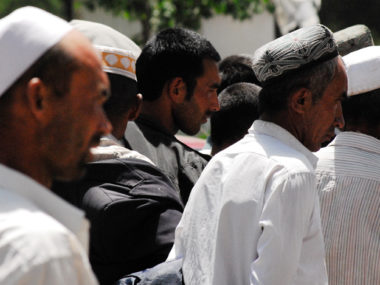By Lionel Beehner, Peter White, and Michael Kenwick.
Trump’s tapping of high-ranking generals for positions traditionally allocated to civilians has sparked debate over whether or not these actions challenge the long-standing tradition of civilian control over the military enshrined by the Founding Fathers. A recently retired general acting as Secretary of Defense challenges this principle, and an over-reliance on former and current generals to staff a presidential administration would arguably – at least from a comparative perspective – put the United States in dubious company.
Parsing out the implications of Trump’s decision, however, requires further engagement with a relatively under-explored subfield in international relations and comparative politics — civil-military relations. The heyday of this subfield came during the Cold War and has not commanded as much attention since then, likely due to the relative decline in the frequency of coups and military regimes. Nevertheless, the role of the military in the Arab Spring, a recent coup attempt in Turkey, and now the Trump administration’s unprecedented turn towards generals, suggests that the study of how militaries relate to their governments is as relevant as ever. We advocate “bringing civil-military relations back in” to the study of conflict.
Much of the existing research on military involvement in politics has focused on categorizing political regimes into distinct types, with military rule linked to human rights abuse, civil war, and bellicose foreign policy strategies. Indeed, we now have access to expansive regime-type datasets that take into account many possible configurations of political institutions. But, there is also striking variation within regime types in their civil-military status, making regime-type indicators poor proxies for civil-military relations. For example, the role of the People’s Liberation Army (PLA) in Chinese politics has varied dramatically during consistent one-party rule in China. One of the problems facing scholars has been a lack of reliable cross-national data that capture qualitative aspects of a regime’s civil-military relations. Happily, this is changing. To provide an (incomplete) list of relatively new and forthcoming data sources:
- Erica DeBruin and Meredith Blank: internal security forces and militias.
- Michael Horowitz, Allan Stam, and Cali Ellis: state leaders’ occupational history, including their past military experience.
- Paul Johnson and Ches Thurber: “ethnic stacking” in state security forces.
- Michael Kenwick: a latent variable measure of civilian control of the military.
- Jonathan Powell and Clayton Thyne: coups d’etat from 1950 to the present.
- Jun Koga Sudduth: data on purges of the military and regime elites.
- Jessica Weeks: an index that measures a regime’s level of militarism.
- Peter White: military officers in national cabinets.
- Joseph Wright is collecting data on ties between regime elites and national security forces
Given the growing availability of data, what are some of the pressing research questions in civil-military relations research? A few come to mind:
First, academics remain divided on whether or not strong civilian institutions cause states to adopt more pacific behavior in terms of interstate conflict. Further, when the intersection of intra- and interstate conflict is considered, we should not assume greater civilian control over praetorian regimes will necessarily lead to fewer military crackdowns internally or military interventions externally. Consider the case of Burma, where what appears to be a weakening of military control has been followed by violent crackdowns of its Muslim minorities. Adjudicating between these inconsistencies may require more refined measures to help us determine the precise conditions under which different types of civil-military relations are linked with increased or decreased state violence.
Second, in many states, the core dilemma is that a military strong enough to defend the government is also strong enough to overthrow it. Rather than rely on a norm of civilian control, as is the case in healthy democracies, dictators “coup-proof” with counter-balancing paramilitaries and frequent purges. Unsurprisingly, these tactics don’t help the autocratic military fight effectively. Dictators face clear trade-offs between political control of the military and its effectiveness. Sometimes dictators even tolerate civil war to avoid a coup. Yet, some dictators do a better job of balancing military effectiveness and coup risk than others. Understanding why some dictators are better able to navigate the inherent trade-offs in autocratic civil-military relations than others is an important avenue for future research.
Third, civil-military relations research often relates to the motives of the military. While international relations research often focuses on motives relating to war – survival, expansion of power, prestige, etc. – military elites may also be driven by economic interests. While there has been important case research on the military as an economic actor, there is great need for generalizable theories about military economic activity and data that allows for testing those theories cross-nationally.
What does all of this mean for the US case? While coups and military rule are not a major concern, Trump’s preference for former military personnel in his cabinet has raised a number of important questions relevant to the study of civil-military relations. The role of the military in decisions of war and peace, the potential politicization of military officers, and the erosion of civilian-control have become pressing issues. However, the unprecedented nature of these cabinet appointments means that we cannot easily turn to US history for lessons and predictions. This underscores the importance of cross-national civil-military relations research by comparativists and conflict scholars alike. The sources we cite above are not an exhaustive account of the literature, nor have we identified all avenues of future research, but we hope to inspire collaboration and discussion on a vital and timely topic.
Lionel Beehner is an Assistant Professor and director of research at the United States Military Academy at West Point’s Modern War Institute. Peter White is a postdoctoral researcher at the University of Maryland’s Center for International Development and Conflict Management. Michael Kenwick is a doctoral candidate in the Department of Political Science at The Pennsylvania State University.

